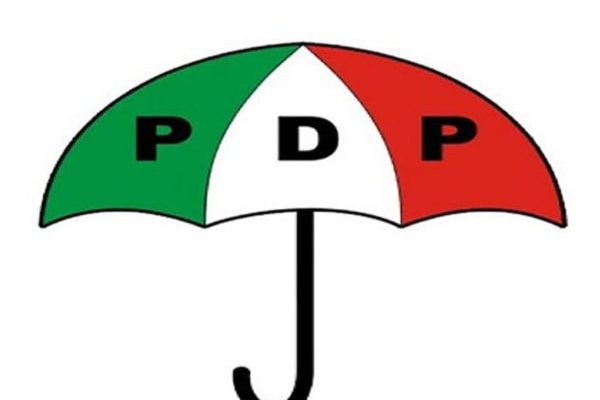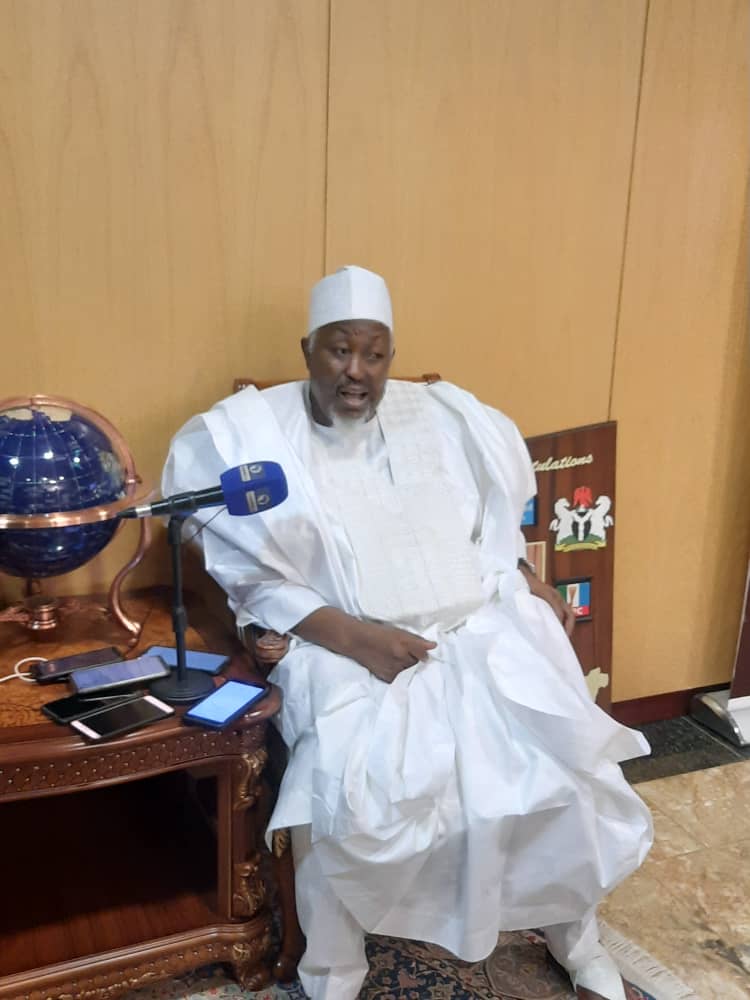The Peoples Democratic Party (PDP), Kogi State chapter, has asked the State Governor to repent over percentage payment of salaries to workers at both the state and local government levels in the state describing it as embarrassing and inhuman.
The party’s Director for Media and Communications, Comrade Dayo Onibiyo, in a statement on Sunday advised the state government to have a change of attitude in the little time left for it to spend in office before it will be booted out in 2023, by God’s grace, through the votes of the suffering masses’ and good people of the state
PDP said payment of percentage salaries under the leadership of Governor Yahaya Bello, who is a presidential aspirant under the All Progressives Congress (APC), was questionable despite the huge debts it has plunged the state into since assuming office in 2015.

“We are worried at these so embarrassingly low and inhuman payments, which are amounting to nothing but added debts to the state profile under domestic profile and the resultant external debts, from their army of borrowings, which when put together, may just sink the state into the hell of debts.
“Despite the release of the bail out it applied and got approval for, but was denied its administration under the immediate past governor, Captain Idris Wada, and ultimately given by Buhari to his godson, Bello, the APC-led debtor Government has not been able to make the workers smile, as it pays percentage when it cares to manage to pay,” the statement read in part.
The party also called on the labour unions to wake up to the realities of speaking, protecting, defending and working in the interest of the betterment of its members rather than paying lip services while the innocent workers suffer in abject poverty, silence and sudden deaths.
It called for prayer for God to deliver the state from the clutches of the debtors.
However the Government on good authority said that the percentage payment to the state workers last month was largely due to the shortfall in the allocation from the federation account.
“Even at that we still made sure that the minimum wage promised by the state government was implemented for junior workers of grade level 1-6,″ according to a government source who spoke on the condition of anonymity.
The source averred that the state government was not responsible for the payment of local government workers and therefore has nothing to do with what percentage they were being paid.




